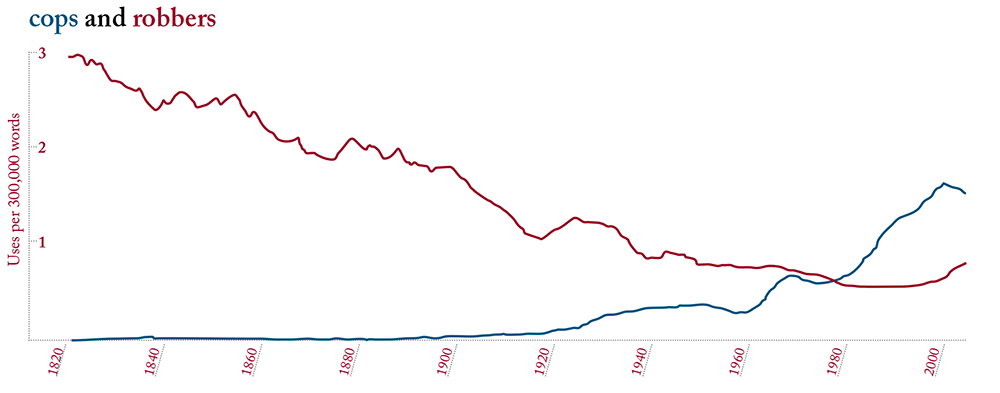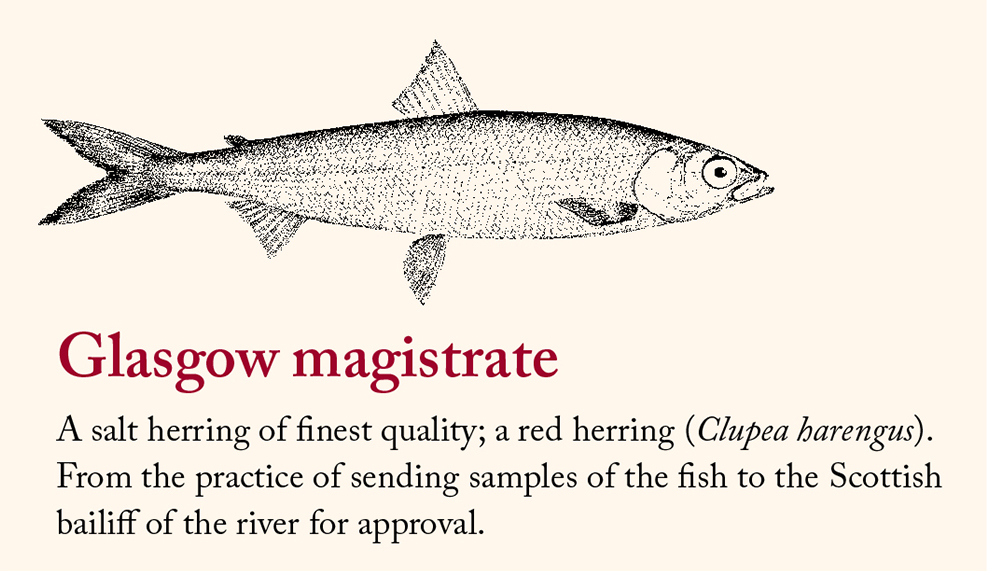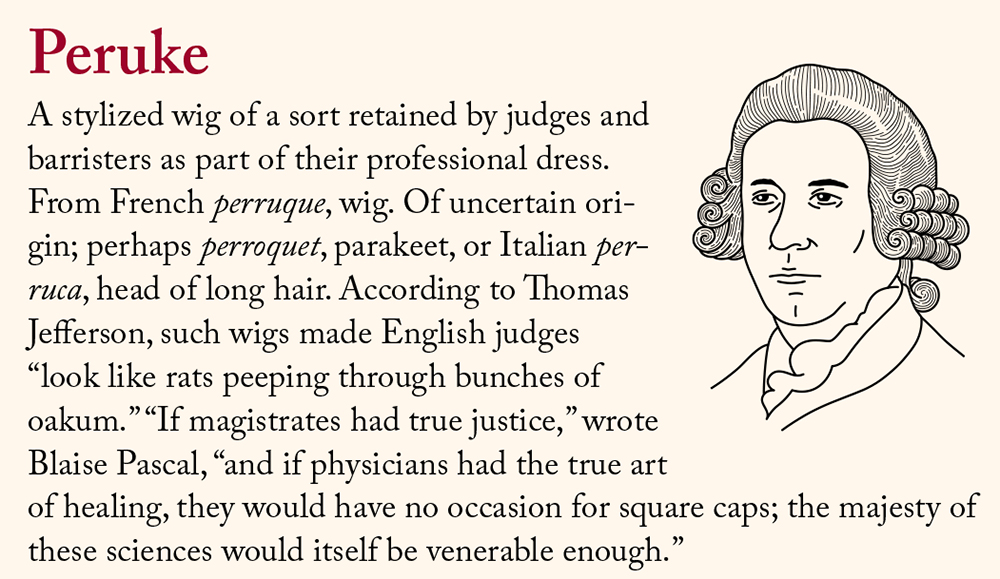
Bartolommeo Bonghi, by Giovanni Battista Moroni, c. 1553. The Metropolitan Museum of Art, Purchase, Joseph Pulitzer Bequest, 1913.
Adicia: In Greek mythology, the personification of injustice.
ambulance chaser: A lawyer who makes a business of raising actions for personal injuries. First use, 1897.
amicus curiae: One who is not party to litigation but is permitted to advise the court in a matter of law that directly affects the case. From Latin, friend of the court.
bumbailiff: “A bailiff of the meanest kind; one that is employed in arrests.”—Samuel Johnson, Dict.
cale: In French law, a punishment in which a sailor is repeatedly plunged into the sea; similar to a keelhaul. From Greek χαλᾶν, to slacken, loosen, let down, lower.
Coke Upon Littleton: Edward Coke’s 1628 commentary on Thomas Littleton’s Tenures. The foundational document of common law (quod vide); by extension, the authoritative or final word. “The commentaries of the whale men themselves sometimes consist in hard words and harder knocks—the Coke Upon Littleton of the fist.”—Herman Melville, Moby Dick
common law: The unwritten law of England, administered by the king’s courts, which purports to be derived from ancient and universal usage rather than statutes.

constable: The chief officer of the household, court, administration, or military of a ruler. From Old French cunestable, conestable, late Latin comes stabulī, head groom of the stable. “This learned constable is too cunning to be understood.”—William Shakespeare, Much Ado About Nothing
copperstick: A policeman’s truncheon.
deposition: The giving of testimony under oath in a court of law, or testimony so given. Also, the taking down of the body of Christ from the cross.
dhaman: According to Émile Benveniste’s Dict. of Indo-European Concepts and Society, Sanskrit for law; also, seat, place, establishment.
dimber-damber: A captain of thieves.
distringas: A writ directing a sheriff to hold a subject captive. From Latin distringās, thou shalt distrain.
eavesdrip: The dripping of water from a house’s eaves; the space of ground that is liable to receive rainwater from eaves. Refers to the law that prohibits a proprietor from building a structure less than two feet from the boundary of his land, lest he should injure his neighbor.
felony: A class of crimes regarded as graver in nature than those called misdemeanors. Of uncertain etymology; most probably from fellōne, derivative of Latin fell, gall, original sense being “one who is full of bitterness”; venom. The noun subseq. had the senses of “an envenomed sore” and “cholera.” Another possible origin is fello, perhaps a term of obscene abuse, as in Latin fellāre. Some scholars think fello is from Old High German fillo, an unrecorded derivative of fillen, to scourge (compare medieval Latin fillo, rascal).

handhabend: Of a thief, having stolen goods in hand (that is, in the act of stealing). Probably from Old English aet haebbendre handa.
hoosegow: A jail. From Spanish juzgado, past participle of juzgar, to judge.
infangtheef: In Anglo-Saxon law, the jurisdiction over a thief apprehended within the manor or territorial limits to which the privilege was attached; the right of the lord of a manor to try and to punish a thief caught within its limits. From Old English infangenþéof, thief seized within.
iūs: Latin for law, a formula for conformity; also, derived verb iūrāre, to swear.
Judge Dread: Cockney rhyming slang for the head.
judgment weather: Bad or unpleasant weather regarded as a sign of divine displeasure.
kangaroo court: An improperly constituted tribunal with no legal standing, e.g., one held by strikers, mutineers, prisoners. First used in the American Southwest to refer to roving judges (1853).
law dog: A police canine; by extension, the police.
lawing: The act of cutting off the claws or ball of a dog’s forefeet to prevent the dog from chasing game; expeditation.
lawyer: “One skilled in the circumvention of the law.”—Ambrose Bierce, Devil’s Dict.
legalism: “Adherence to the strict letter of the law often in disregard of the spirit and even in defiance of it.”—Nuttall Encyclopedia (1900)
litigate: To contest or resolve in court. From Latin litigare; from lit-, lawsuit, and agere, to drive.
lynch law: The practice of inflicting summary punishment on an offender by a self-constituted court armed with no legal authority. Originated with Captain William Lynch (1742–1820) of Pittsylvania County, Virginia.
nemo est supra leges: Latin for “no man is above the law.”
ochlocracy: Mob rule. From Greek ὀχλοκρατία.
patta: In Indian law, a title deed to a property or piece of land, esp. one containing an official assessment of the amount of revenue collectible from it.

Poultry Counter: A debtor’s prison in London, demolished in 1817.
poustie: In Scots law, power, might, authority. From Latin potesta.
putative offender: An individual who is accused of a crime and held without bail on the grounds of “dangerousness.” Used by former chief justice William Rehnquist.
qadi: A civil judge among Turks, Arabs, Persians, etc.; usually a town or village judge. From Arabic qāḑī, judge; whence, with al-, Spanish alcalde, mayor.
sacaburth: One who goes in fresh pursuit of his stolen goods.
six-five: A prison warning to alert when a guard is approaching.
specter evidence: Testimony of a victim of witchcraft who claims to have been attacked by an accused person’s spirit or spectral shape at the time the accused’s body was at another location.
tort: A wrong that is civil, not criminal, in nature. A negligent or intentional injury against a person or property, with the exception of breach of contract.
waif: A piece of property found ownerless; if unclaimed within a fixed period after due notice, it falls to the lord of the manor; e.g., an article washed up on the seashore, an animal that has strayed. Probably of Scandinavian origin, in the sense of “something loose or wandering”; compare Old Norse veif, something flapping or waving.
warrant: A document conveying authority or security. A writ or order issued by an executive authority, empowering a ministerial officer to make an arrest, seizure, or search. From Middle English waraunt, protector, Anglo-French garant, Spanish garante, of Germanic origin, akin to Old High German werento, guarantor.
writ: A formal written command, issued from a court, requiring performance of a specific act.
Explore Rule of Law, the Spring 2018 issue of Lapham’s Quarterly.